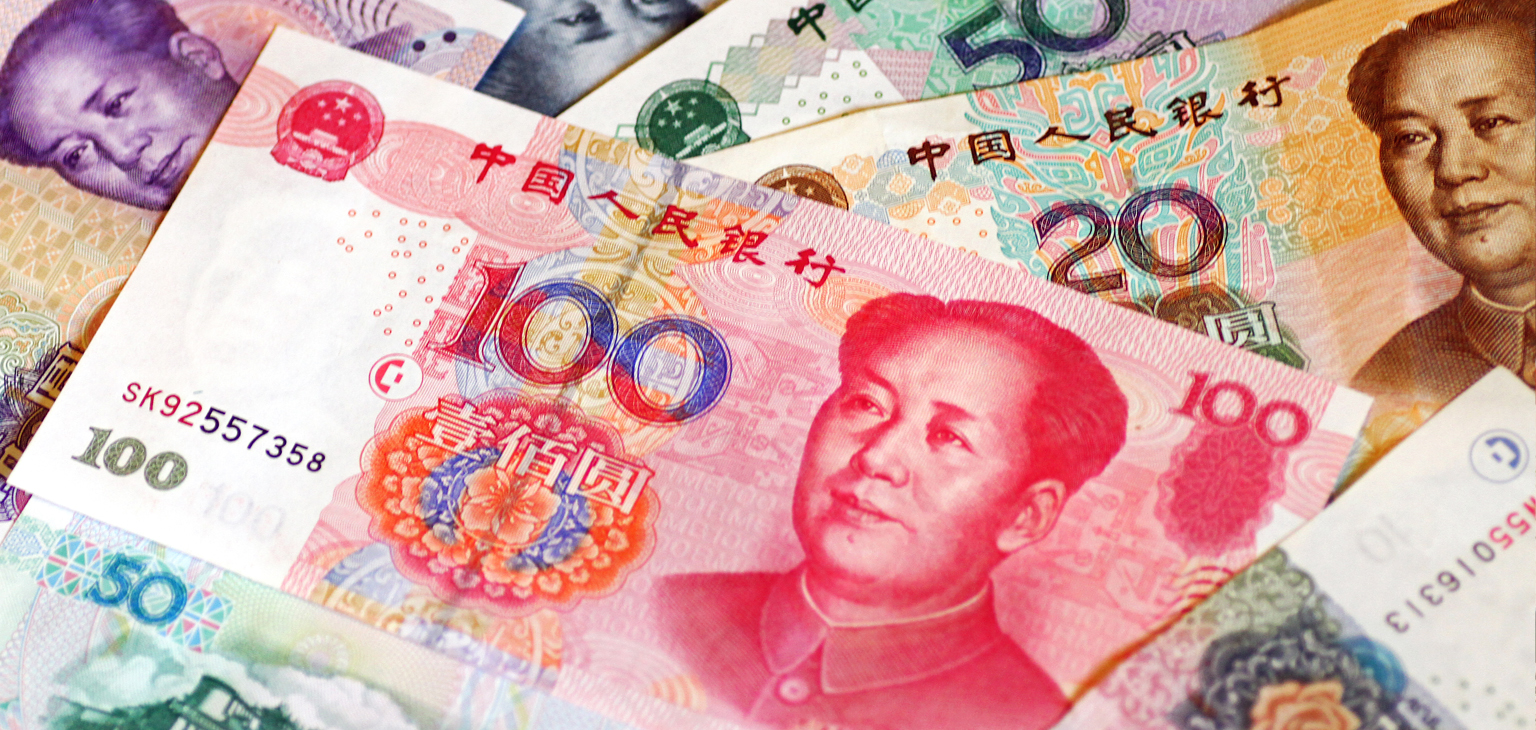by Mo Ji, AllianceBernstein
China’s currency depreciated this week, with the exchange rate rising to more than 7.0 renminbi per US dollar, unnerving investors worldwide. Here’s the good news: we don’t think the decline is as worrisome as it may seem.
There’s no doubt that currency has been a friction point throughout the US-China trade war, and recent events have stoked fears that the trade war is at risk of turning into a currency war. As my colleague, Eric Winograd noted, the US administration is growing more sensitive to currency moves.
The 7.0 renminbi per dollar level was psychologically important for traders; until this week, the Chinese renminbi hadn’t been weaker in more than a decade.
But the real impact of this move seems less troubling to us. With the US threatening to slap a 10% tariff on another $300 billion of Chinese imports next month, a weaker renminbi is to be expected. In fact, we think the dollar could rise bumpily toward 7.2 renminbi as the countries struggle to strike a deal to avoid the tariffs.
In the meantime, we would expect short sellers to test the exchange rate should it move back below the 7.0 level before any deal on trade is reached.
Currency Depreciation Is Overdue
Keep in mind that the renminbi has depreciated against the US dollar by just 0.53% so far this year—far less than other currencies, such as the South Korean won, that are being affected by the US-China trade war. In fact, the renminbi’s fluctuations have been much less pronounced this year than the euro’s or the British pound’s.
We wouldn’t expect the exchange rate to exceed 7.5 renminbi—and getting to that level would likely be a drawn-out process. However, if trade negotiations end unsuccessfully and the US moves to raise tariffs to 25% on all $500 billion of Chinese goods, the currency could head in that direction.
Currency War? Not Yet.
For now, there’s little evidence that China has the appetite for using the exchange rate as a weapon. People’s Bank of China Governor Yi Gang made it clear this week that China will stick to a market-determined exchange rate and will not use the exchange rate as a means to solve the trade dispute with the US.
When it comes to Chinese countermeasures against the US, we think the government is heading in another direction. They have already ordered Chinese state-owned enterprises to stop buying US agricultural goods and threatened further import tariffs on US farm products. Additional measures may include the following (though we don’t yet think it will necessarily come to this):
• Raising tariffs on all US goods to 25%
• More restrictions on rare earth sales to the US (China is a world leader in the supply of rare earth and specialty metals that are used as raw materials in a wide variety of products)
• Further diversification of foreign-exchange reserves away from dollar-denominated US Treasuries and toward euros, pounds, yen and gold
To sum it up, we don’t think investors should lose too much sleep over exchange rates just yet. If negotiations break down and US-China ties worsen from here, it’s possible that currency intervention may be wielded as a policy tool. But from our perspective, we’re not quite there yet.
Mo Ji is Chief Economist—Greater China
The views expressed herein do not constitute research, investment advice or trade recommendations and do not necessarily represent the views of all AB portfolio-management teams.
This post was first published at the official blog of AllianceBernstein..














